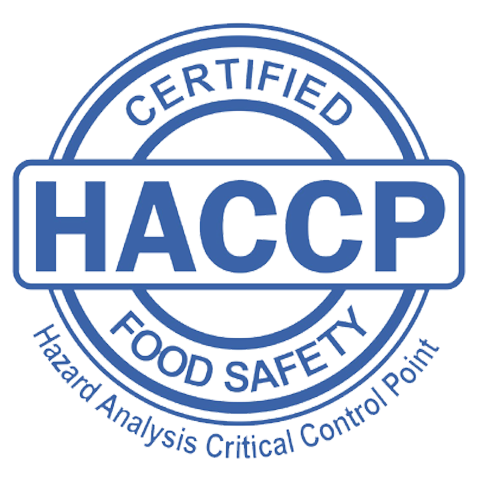HACCP Compliance
Welcome to Digital Way Startup HACCP stands for Hazard Analysis and Critical Control Points. It is a systematic approach to food safety that is designed to identify and prevent hazards in the production process that could cause the finished product to be unsafe for consumption. HACCP is widely recognized as a crucial tool in ensuring the safety of food products.
- Hazard Analysis: The first step in HACCP is to identify potential biological, chemical, or physical hazards that could compromise the safety of the food product.
- Identification of CCPs: Critical Control Points are specific points in the production process where control can be applied to prevent, eliminate, or reduce a food safety hazard to an acceptable level.
- Validation of HACCP Plan: The HACCP plan is regularly validated to ensure that it is effective in controlling hazards. This involves reviewing and verifying the plan through audits and assessments.






